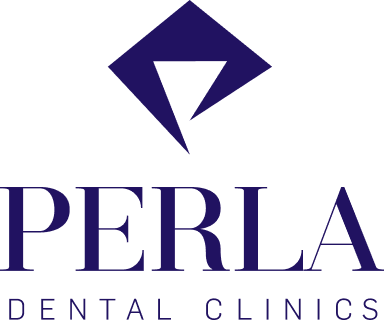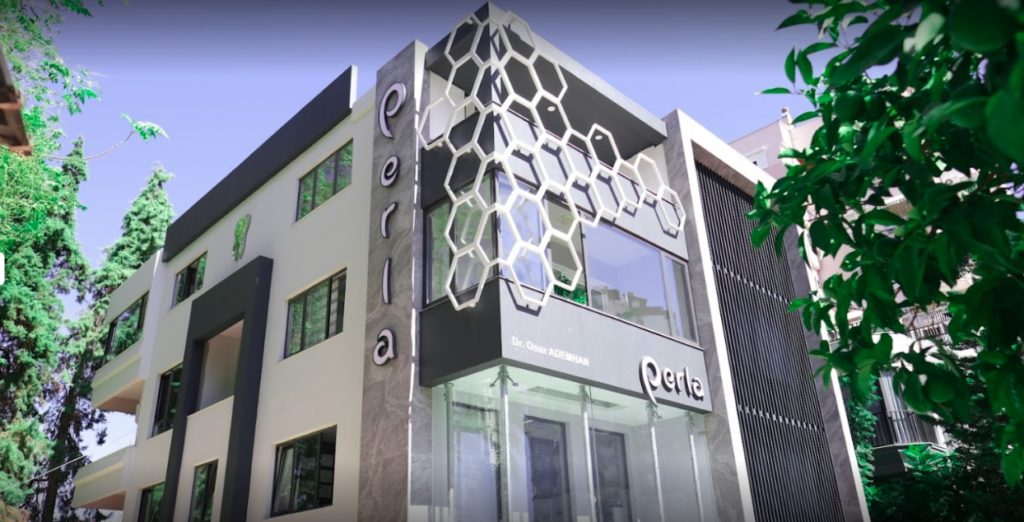As with any operation, medical treatment or cosmetic procedure, planning a dental tourism trip well in advance is the best way to ensure a successful outcome. Knowing what you need to have done and where to go to ensure a safe, professional experience. Dental tourism can often offer high-quality care for ongoing issues with teeth and oral health at a competitive rate. Dates and timings can be more flexible. This can allow people to travel at their convenience and even combine the surgery with some holiday time in the chosen destination.
What to look for in your Dental Tourism destination
It can be all too easy to be distracted by an exotic location for your dental tourism trip. However, the quality of the dental treatment being offered must always be the top priority. Do plenty of research into clinics and facilities in several different places. Make a shortlist based on medical and healthcare reasons, rather than the criteria you would choose for a standard holiday. Make sure you can understand the local language enough to get by, or that your clinic is able to communicate with you in your own language. This is important to ensure there are no misunderstandings that could lead to problems down the line.
There is no reason why you shouldn’t get to enjoy time exploring a new country while you are visiting it for dental tourism reasons. However, you must always put your health and wellbeing ahead of any other considerations when it comes to planning dental tourism. There will be plenty of time to visit other countries after your dental issues have been fixed. Look for destinations that can support your recovery post-procedure as well as offering the initial surgery. You will need to book comfortable accommodation, decent food and suitable transport. You will also need easy access to pharmacies and effective emergency medical care in the case of something not going to plan.
Choosing the right clinic or dental hospital
This is another key aspect of dental tourism. Right from the initial enquiries, your dental clinic should be communicating readily and respectfully. You should be able to ask questions and receive answers quickly and clearly. Costs should be transparent, and all risks explained. The clinic should also be able to tell you what you need to bring with you to ensure a comfortable experience. Equally, they should discuss your aftercare, both while you are still in the country and once you have arrived back home.
There are several ways that you can check on the credentials of the clinic ahead of your dental tourism experience. Their website should carry details of available procedures, dental staff and facilities. Check out reviews and see if you can speak to any previous patients directly to gauge their experiences. Make sure the clinic has the required safety and hygiene accreditations and that your surgeon is fully qualified, with their certificates up to date. All of this must be a top priority when it comes to planning dental tourism.
Some more tips to help your dental tourism run smoothly
Finally, treating dental tourism like any other trip abroad can help ensure that the admin is taken care of properly. So, check that your passports are up to date and that you have applied for any visas or other necessary documentation. This also goes for anyone who is accompanying you. Many dental clinics and hospitals require patients to have someone with them to take them home and support them after the procedure. Ensure that all insurance policies are relevant and up-to-date.
Ask your clinic for a list of recommended things to bring. You may not be able to buy everything you need at your dental tourism destination. So, it is wise to get everything you need well in advance. This can include medications or medical supplies – check that you will be able to bring everything through customs without any problems. Book flights/transport well in advance, as well as hotel or other accommodation. It may not be easy to change a surgery date once you are booked in. It is a good idea to book a few extra days either side of your scheduled date to allow for unexpected delays.


